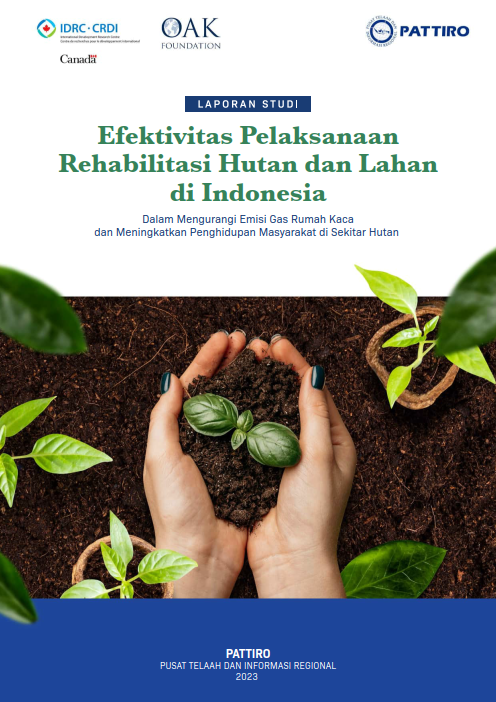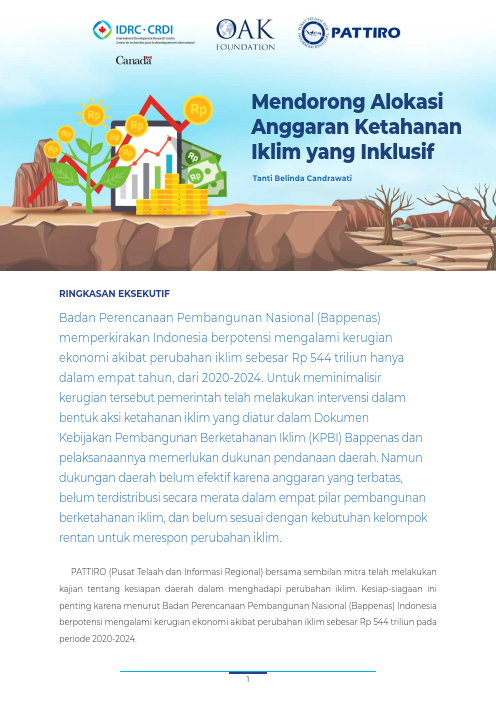 Citizens have basic rights that are guaranteed by the constitution. The state is responsible for fulfilling basic rights, also known as citizens’ constitutional rights. The implementation of the fulfillment of these constitutional rights is then realized in the form of public service delivery which is regulated through various policies / laws, from laws to technical implementation regulations.
Citizens have basic rights that are guaranteed by the constitution. The state is responsible for fulfilling basic rights, also known as citizens’ constitutional rights. The implementation of the fulfillment of these constitutional rights is then realized in the form of public service delivery which is regulated through various policies / laws, from laws to technical implementation regulations.
The important mission of public services as a form of implementation of the fulfillment of citizens’ constitutional rights, of course, must be supported by qualified human resources and adequate infrastructure. One more thing, good public service delivery must be supported by citizen / community / public participation in formulating policy planning, policy implementation, to policy evaluation and monitoring. This includes public participation in the APBN and APBD planning and budgeting processes. This public participation is expected to be a strong public control to maintain service quality in accordance with community expectations and service objectives. In addition, public control can minimize the practice of manipulation / fraud in service delivery.
However, it needs to be realized that it is not easy to involve the public to control service delivery. This requires the goodwill of state authorities as regulators and public service providers to provide channels for public participation. In addition, state authorities are also required to be more open, thus expanding public opportunities to find out various information related to service policies.
On the other hand, the confidence of citizens to control service delivery also needs to be improved. Without a strong sense of confidence, it is not easy for citizens to provide input to improve various service delivery policies. Without sufficient self-confidence, it is difficult for citizens to take initiatives, such as when channels for participation and information disclosure are not provided by state authorities/service providers. In this context, it is important to strengthen the capacity of the public to control service delivery for quality. One of them is through training. The preparation of this module was carried out in order to provide guidance for the learning process.
The material base for this training module is Law No. 14/2008 on Public Information Disclosure (UU KIP). This choice was made due to the fact that
UU KIP is a strong policy in guaranteeing information disclosure and public participation. UU KIP provides a very firm mandate to state authorities (Public Bodies) to open and serve information to citizens. UU KIP also provides clear guarantees for citizens to demand information disclosure from Public Bodies. By understanding the material substance of UU KIP, citizens are expected to be increasingly able to encourage information disclosure to obtain quality public services.
This module is prepared as a guide or reference for parties who will organize training to strengthen the capacity of citizens in accessing information from public bodies. Citizens are then able to obtain the information they need and on the other hand are able to encourage improvements in the quality of public services so that their basic rights as citizens can be fulfilled.
The target audience for this module is the general public, especially those who are unfamiliar with issues of information disclosure and participation in their daily lives. As such, this module emphasizes case examples that have been experienced by citizens in their daily lives rather than theoretical material. This module is expected to increase the understanding, awareness and skills of citizens to access public information and participate in the improvement of public services simultaneously.




